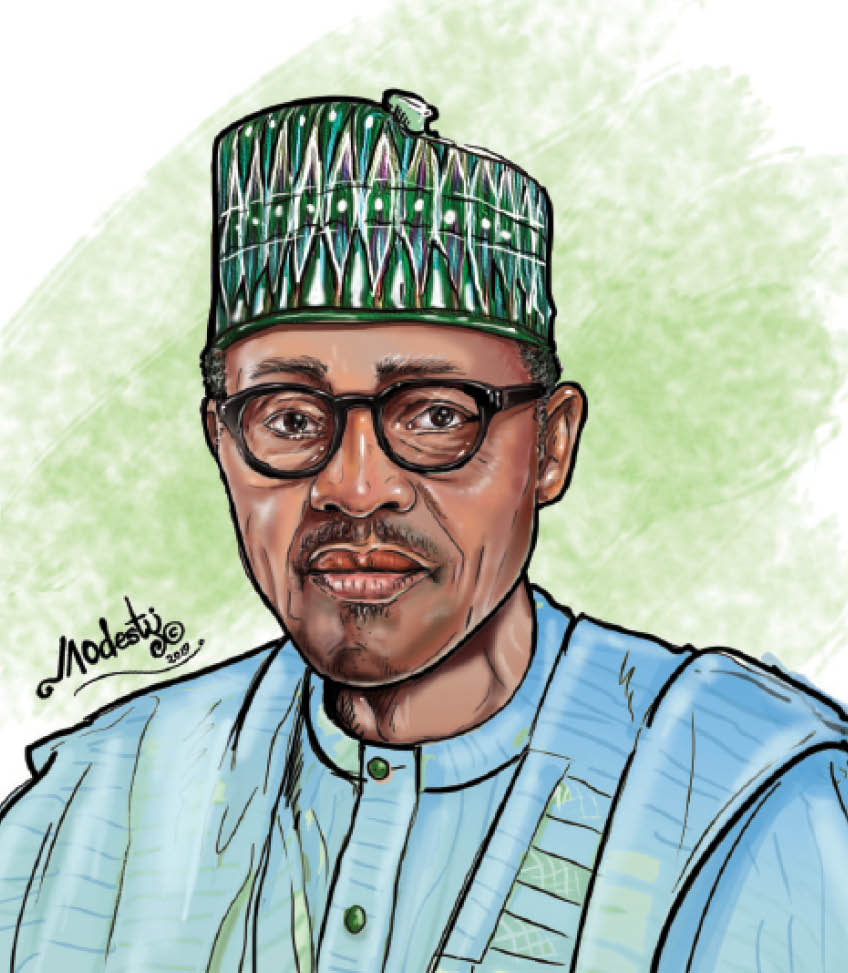President Muhammadu Buhari should make his programs and policies people centered to avoid the pitfalls of the immediate past President, Goodluck Jonathan, a former Nigerian High Commissioner to the United Kingdom, Dr. Christopher Kolade, has said.
He said that the transformation agenda of Dr. Jonathan failed because it was not centered around the people.
He spoke on Monday in Abuja at a high level capacity-building workshop organised by the Chartered Institute of Personnel Management (CIPM) of Nigeria in collaboration with the Office of the Head of the Civil Service of the Federation (OHoCSF).
Kolade who spoke on the topic, “The role of professional-led bureaucracy in nation building” through a recorded video, said since the independence in 1960, Nigerian governments had been presenting national development plans written by civil servants and adopted by parliament towards building a good nation.
“Before the rhetoric of the change agenda (of President Muhammadu Buhari), there was a transformation agenda of 2011 to 2015. The rhetoric at the time was that we were pursuing the transformation agenda of Mr. President.
“I think we all know better, it was clear that the transformation agenda only belonged to Mr President and that was why it could not succeed. It has to be a transformation agenda of the people of the nation. I believe the prospects of Nigeria achieving that vision would have been strong only if the citizens of Nigeria saw themselves as owners of the vision. If we need to achieve that vision, we must know that we must involve the people,” Kolade said.
He said that the Jonathan administration agenda document pointed out that people, managers and stakeholders of national economy had habitually disregarded continuity, consistency and commitment, thereby causing growth that brought no benefits to people’s overall welfare, but resulted in rising unemployment, inequality and poverty.
He said Nigerians cannot continue to pretend that standards do not matter, insisting that they do and that the only way to ensure the continuous upgrading of the standards is to learn new things every day along the journey of careers.
He said, “Nation builders need to refresh their education in respect of their understanding of such concepts as responsibility, results, authority, values, discipline, and accountability.”
On her part, the acting Head of the Civil Service of the Federation (HoCSF), Dr. Folashade Yemi-Esan, speaking on “Transformation in the public service”, said that the public service had made effort to reform itself but some civil servants felt that the introduction of new technology threatened their jobs.
“The office of the HCSF since 2016 commenced the implementation of the human resource module of the Integrated Personnel and Payroll Information System into public service. The process has met considerable impediments.
“Public servants are just refusing to be enrolled in the new system. Notwithstanding, we are working round the clock to remove all impediments from its implementation. Like the President said, by the end of October, any ministry, department or agency that is not enrolled will not receive salary anymore.
“Between the late 90s and the turn of the millennium when government initiated moves to introduce e-governance to public service, computers were introduced to replace typewriters but the innovation met with considerable amount of resistance, particularly from those who felt that their security was threatened and their schedule would be taken away from them,” she said.

 Join Daily Trust WhatsApp Community For Quick Access To News and Happenings Around You.
Join Daily Trust WhatsApp Community For Quick Access To News and Happenings Around You.


